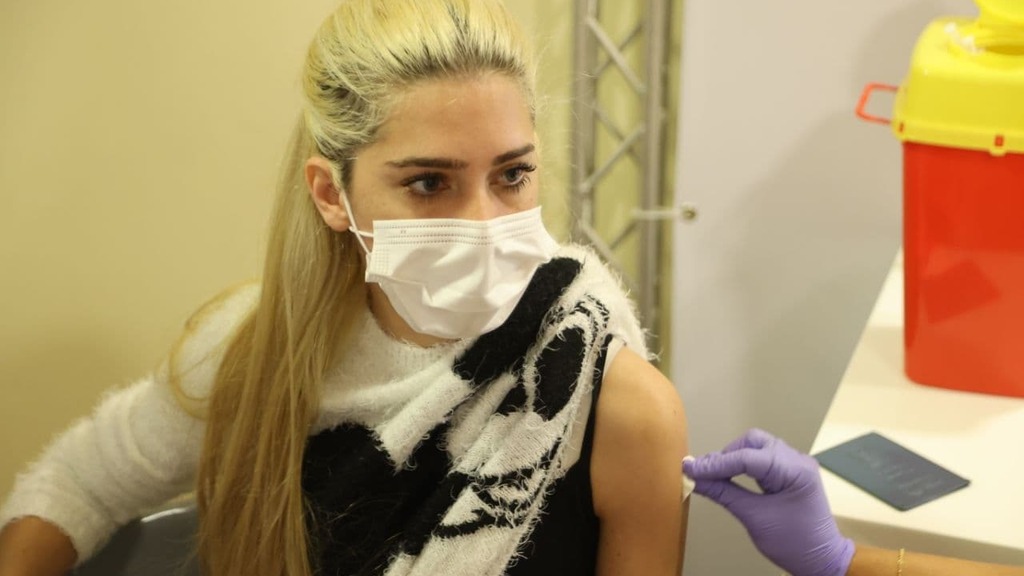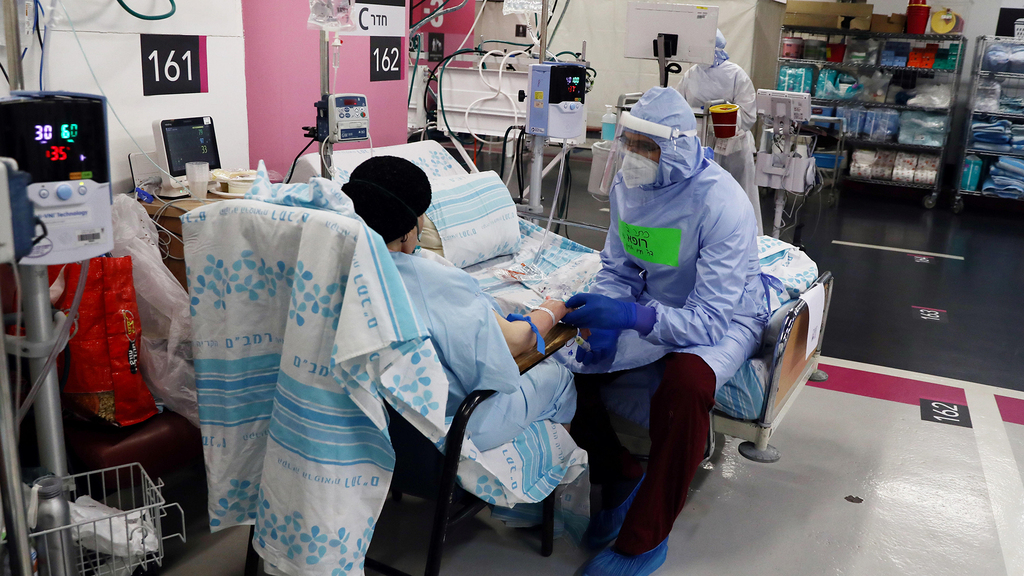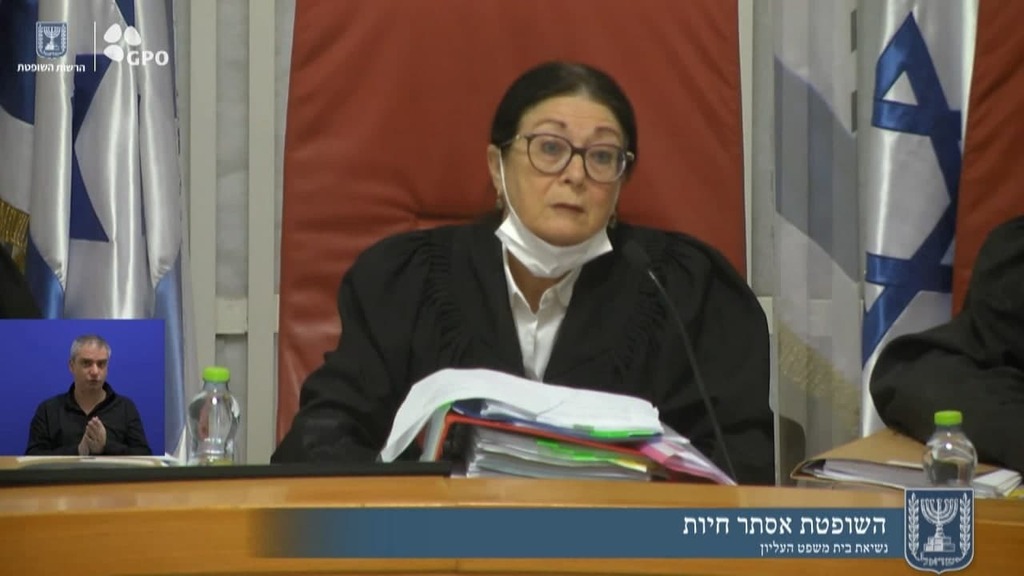Getting your Trinity Audio player ready...
Most Israelis who were eligible to receive coronavirus vaccines have had it - a truly commendable achievement.
The minority of citizens who are yet to receive the jabs are for the most part "anti-vaxxers" who oppose any vaccinations. By refusing the inoculation, they may reverse the gains already achieved by the vaccination drive.
The Education Ministry on Tuesday released data on infections among teaching staff and student bodies, showing that 13,681 students and 1,213 faculty members were currently ill with COVID-19.
On Monday, one teacher alone infected 12 of her students. She may have rejected the vaccine or could have medical reasons to avoid it, but there can be no arguing against the fact that her students' right to health supersedes her right to privacy.
Hospital patients must also be able to avoid contact with unvaccinated staff, just like coworkers in every medical facility must have the right to protect their own health against infection from COVID-19.
This was addressed by the Knesset in February, when it voted to pass a law enabling municipalities to receive personal information on residents who had not been vaccinated.
The law does not grant the authorities the authority to force the vaccine on anyone who refuses it, but at the very least there can be an effort to persuade them of how important inoculations are to public health.
But the High Court disagrees. Chief Justice Esther Hayut, sitting at the head of a panel of judges, ruled Tuesday that the right to privacy was compromised by the Knesset legislation.
Of course, it is. But these are not normal times. This is an emergency.
The judges suggested some options to the law, offering different measures that could be used in the effort to urge people to receive vaccines.
But what gives the honorable judges the right to suggest alternatives? Do they have all the information needed to stand by their suggestions? Had they considered the risks? Had they weighed the dangers?
This is not part of their job.
They can and should consider the issue of privacy, but if the separation of powers is to be maintained they must leave the decisions to those who have the authority to make them.
The courts must overturn legislation only in extreme cases when personal rights are violated. This is not the case.
After nearly 6,000 Israelis lost their lives to COVID-19, the efforts to slow the spread of the virus and prevent further illness by urging people to get vaccinated are valid and reasonable.
While it is unclear whether divulging the names of people refusing the jabs will reduce fatalities, the Knesset can and must take even some extreme steps to deal with the pandemic.
And the honorable judges must protect the law, but not write it.




